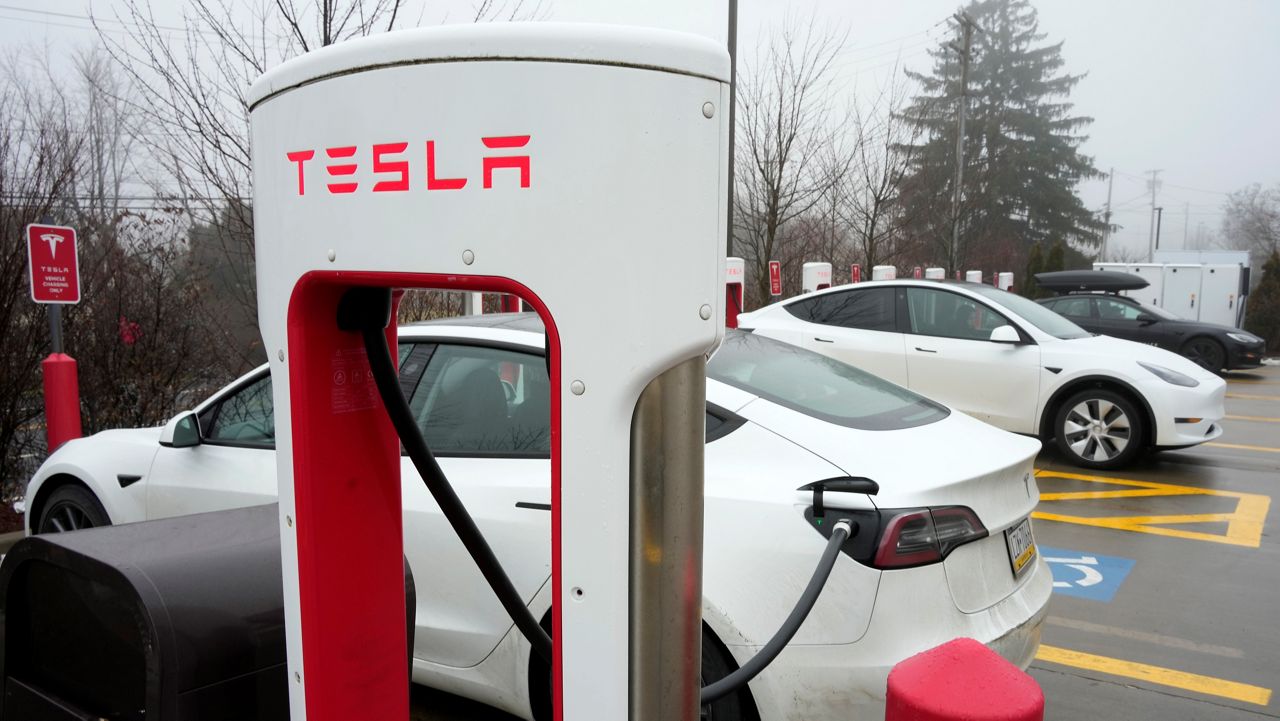- Sep 9, 2022
- 10,342
- 4,744
- 938
The Battery. When you drive your normal car, you need not think about the weight of the battery. It is pretty lightweight in fact. But if you plan to buy an EV, the battery can weigh 2 tons. Think of adding 2 tons of rocks to your Chevrolet IC car. (IC internal combustion) I want to offer a video made in Australia by a STEM kind of person. He knows engineering. He has the figures of CO2 for the various types of car. He talks about a Hyundai model I believe compared to an EV. Anyway this is to help you make decisions and not provoke arguments.


